When the village castle, now converted to a fifteen room historic hotel, was inconceivably full (it’s hard to imagine a No Vacancy sign in such a place), our intention to stay in town was somehow commuted to an invitation to sleep in Judith’s home. Once I got around the imposition of the matter, I was beside myself with excitement. A real life Swiss home stay? With foreign Scharetg’s? I filled my head with these jubilant thoughts for the entire two hour drive from Lucerne. When we left Paspels last summer, we told Judith and Lisbeth we couldn’t resist being away, that we would return within a year. The calendar had implausibly completed one full cycle, and he we were, once again preparing to knock on their door. This time however, they were prepared for our visit, and were even armed with what they called a “surprise.”
Having been on the road for three months, “home” has become a term with very loose definition. I have learned to own my identity as a vagabond. With this comes the acceptance that sometimes home is a train terminal, an airplane seat, a hotel room, a beach or a jungle hut. Jeannie has become my common denominator. Home is the place where Jeannie is. But arriving in Paspels activated some heightened sense of my notion of home. Returning to this place I had only been once before, for only a few hours, I was overcome with a strange sensation I can only describe as belonging. The mountains looked like home. The cow bells sounded like home. The billowing chimney smelled like home. The air tasted like home. Judith and Lisbeth felt like home.
When Lisbeth, waiting for us in the driveway, came charging for Jeannie with open arms, a beaming smile, and a kiss for each cheek, I knew something had changed in the last year. The woman who had treated us with some caution, who had not fully accepted the potential of our familial connection, who had guarded a corner of herself, was holding a new look in her eye. She looked at me with a recognizable twinkle, with certain warmth in the creases of her smile. She looked at me like she knew me, not like she remembered me, but really knew me. She wrapped her arms around me and it was impossible not to reflect the same emotion. We had spent one hour together in our lifetime, but when we embraced I knew something between us was bigger than time.
This feeling became real with the revelation of their “surprise.” Lisbeth had been very busy since our last meeting. She had visited the church and taken the historical records out on loan. She had met with village elders and written notes on their memories. She had studied birth documents and death records. Our door knock last summer had inspired her to engage in a personal quest to discover her own history, a search that eventually led her to the musty cellar of her aunt’s home. It was there that she discovered a piece of art that changed her understanding of who she was, and at the same time illuminated a branch of her family tree that extended across the vast Atlantic.
Faded by almost two centuries of existence, Lisbeth held the dusty portrait in her hands while her aunt described the man on the canvas. His name was Johan George Scharetg. He was a citizen of clout in 19th century Paspels. He owned three homes and a large plot of land in the village. He had a wife and young son. He was a mountaineer. But equal to his love of the Alps was his affinity for the bottle. When his drinking habit took priority to his responsibilities, his land ownership came into jeopardy. He eventually lost all three of his homes, his entire fortune, and presumably a large majority of his dignity. Desperate times forced him to make a desperate decision. With little means in Switzerland to provide for his family, he packed provisions and set out in the direction of hope and rumored prosperity. He went west to a foreign land, a place a world away, a dream known as America. He left behind a massive debt, a promise to return with money, and a five year-old boy named Luzi, a miniature namesake who would never see his father again.
My head was spinning as Judith and Lisbeth unfurled this tale. As the details came out, one layer at a time, their carefully translated words began to deliver an incredible truth. This was the man who came to America and completed the registry at Ellis Island. This was the Swiss citizen, lured by adventure and desperation, who immigrated permanently to the United States. This was the man who fathered Otto and subsequently four generations of silent-G-offspring. I had to say it aloud for it to be real: “The man in the portrait is my Great Great Grandfather.”
But an even bigger truth still hung in the air. What about the child he left behind? What came of Luzi, the fatherless five year-old? These questions didn’t need to be posed. The clues lied now in Lisbeth’s warm embrace. The answer was in the way she looked at us, the way she held us with those familiar and knowing eyes. Luzi is her Grandfather. Our family tree, though decorated with extensive branches, shares but one trunk. Johan George is our patriarch, and the source of a common blood line that took almost two hundred years and thousands of miles to discover.
The paint is faded. A layer of dried dust sits over his face. Decades in an underground cellar have imparted some unintended creases. But through the decay of time shine two blue eyes that enlighten an undeniable fact. I look like the man on the canvas. So vivid is the resemblance, Lisbeth demanded the portrait now belong to me. Like the man himself, the art will make the journey to America. It will symbolize adventure, learning, and the trials of life. It will stand for the importance of family. It will hang on my wall until the day it belongs to my son. It will silently remind us what it means to be a Scharetg.
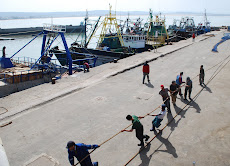
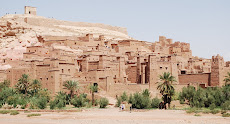
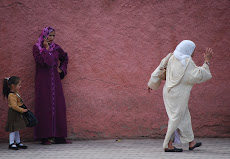




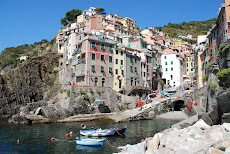



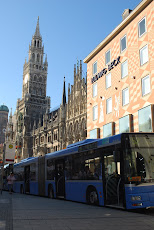
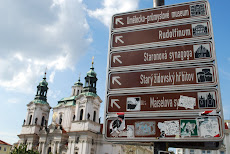
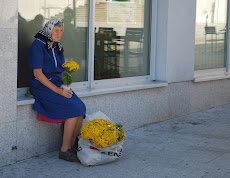
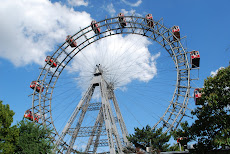

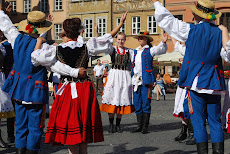
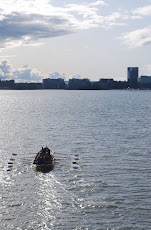


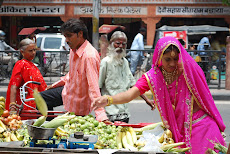
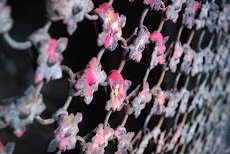
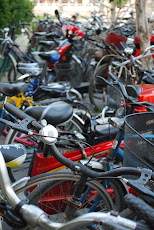

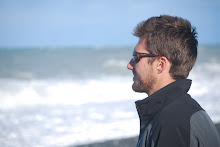
What an incredible story! Reading it brought back incredible memories of meeting our Norwegian and Swedish relatives for the first time, and how their lives opened up a whole new compartment in mine. I am so happy that you were able to experience this bond, and to find these amazing answers. Your time in Paspels will now encourage Swiss family members to visit you all here, and this relationship will go on for many generations. Not to mention how much closer this must make you feel to your wonderful Dad! Again, many thanks for sharing!
ReplyDeleteLove you! Sandi
WOW, I could not get enough of your story. I called my sister Laurel Jan Scharetg and she remembered the story of the little town in the alps. I have to ask both my sisters some more. I think my great grandfather had two sons and one of them was my Fathers son. I have to go pay a visit myself some day hopefully soon.
ReplyDeleteThanks sooooo much for your posts
Lisa Wallis Scharetg